Restaurant Owner do you know the lease terms
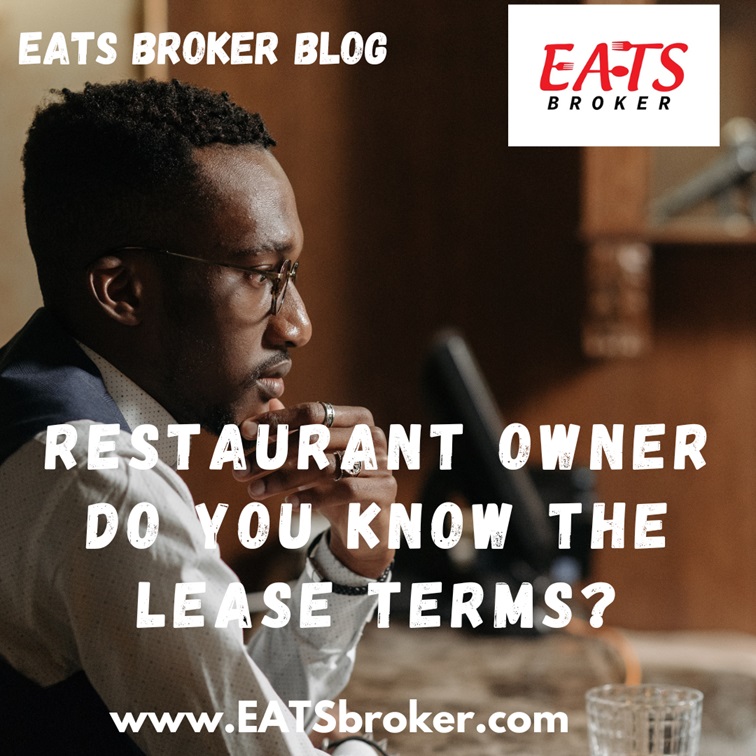
Ask a Restaurant Owner if you know the lease terms of your restaurant. The common answer will be, “Yes, I signed the lease agreement and have a copy. The Restaurant Business Broker estimates that after selling restaurants for 11 years, only about 25% of restaurant owners actually know the critical dates of the lease agreement […]
EATS Broker sells a Dickey’s Barbecue Pit in Fayetteville, Georgia
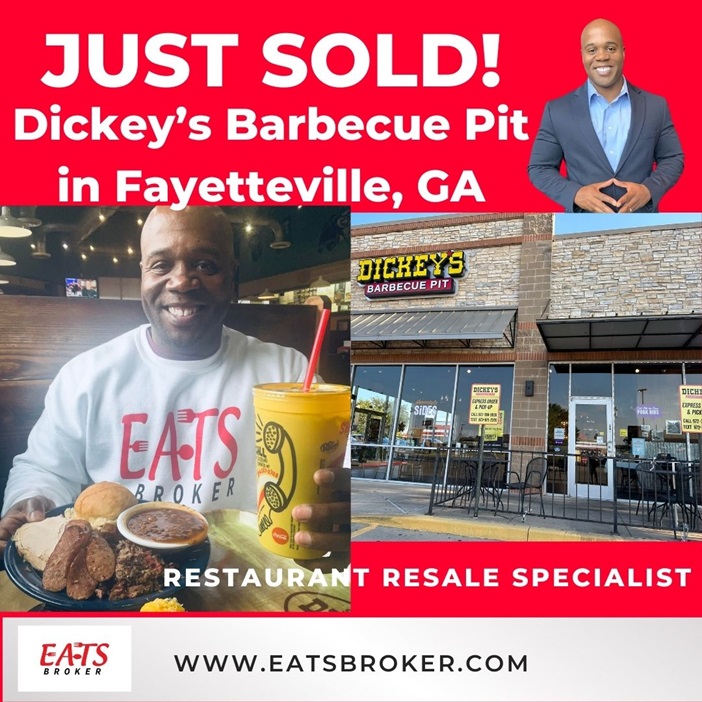
Dominique Maddox of EATS Broker sells a Dickey’s Barbecue Pit in Fayetteville, Georgia. EATS Broker represented the seller and buyer. The seller owned the business for only nine months before realizing they wanted to move on from the restaurant industry. The new owner plans to continue the same operations and increase catering orders. This established […]
Common Mistakes: Restaurant for Sale by Owner
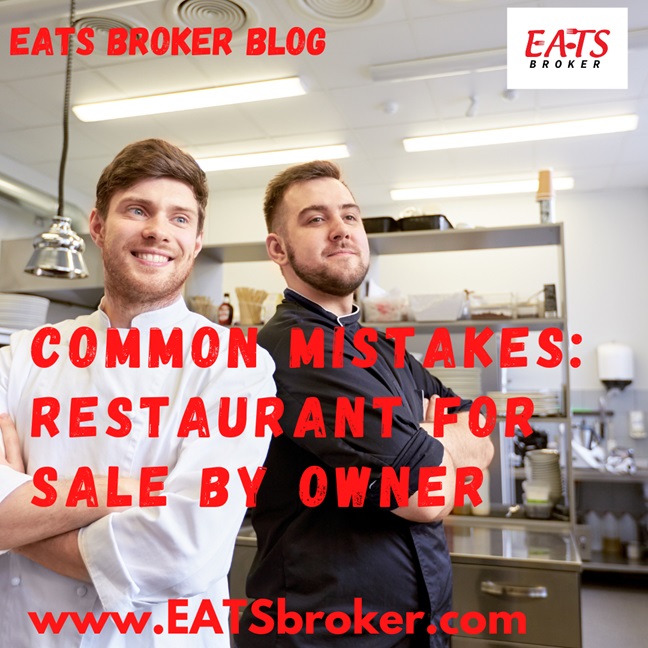
Restaurant for Sale by Owner listings usually try selling a restaurant business without the assistance of a Restaurant Broker. Some restaurant owners decide to sell a restaurant on their own to save on the commission a restaurant business broker charges. The old saying is “knowledge is power,” and the art of selling a restaurant can […]
Selling a restaurant? What does the buyer pay for?
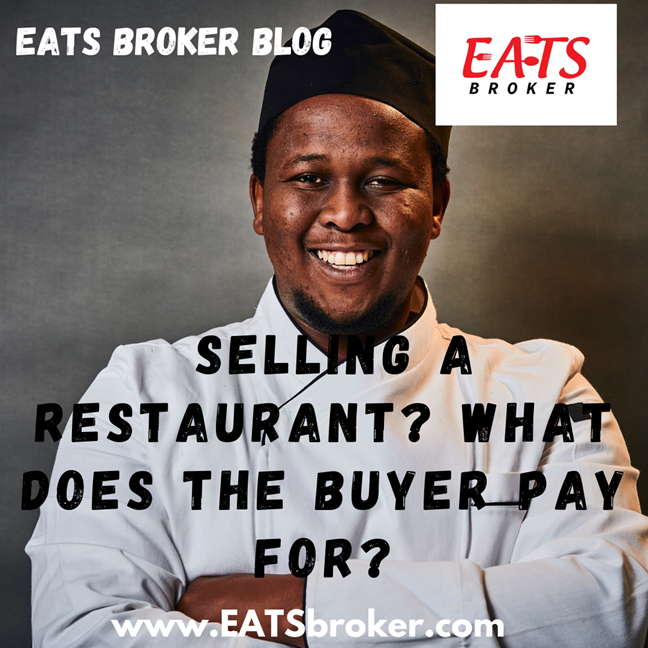
When selling a restaurant, most sellers don’t know what the buyer pays for at the closing table besides the listing price. Outside of the listing price, several additional fees should be negotiated upfront between the buyer and restaurant seller. Restaurant Business Brokers are trained to know the typical components of the fees associated with selling […]
3 Common Mistakes Restaurant Buyers Make
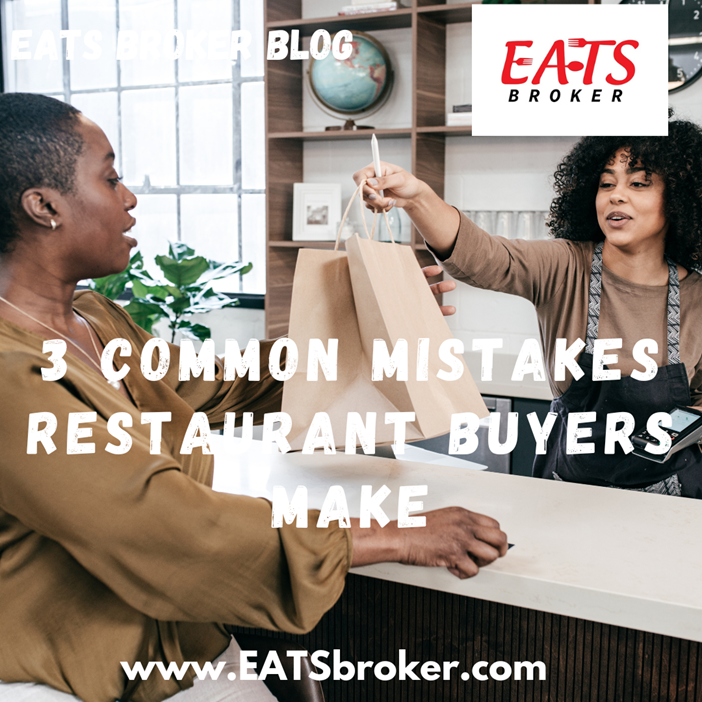
What are the Common mistakes restaurant buyers make when buying a restaurant? The answer is complicated but simple at the same time. There are several common mistakes that potential restaurant buyers should be aware of when deciding to buy a restaurant. The Restaurant Broker at EATS Broker provides some of the most common mistakes restaurant […]
Selling a Restaurant? Are you ready
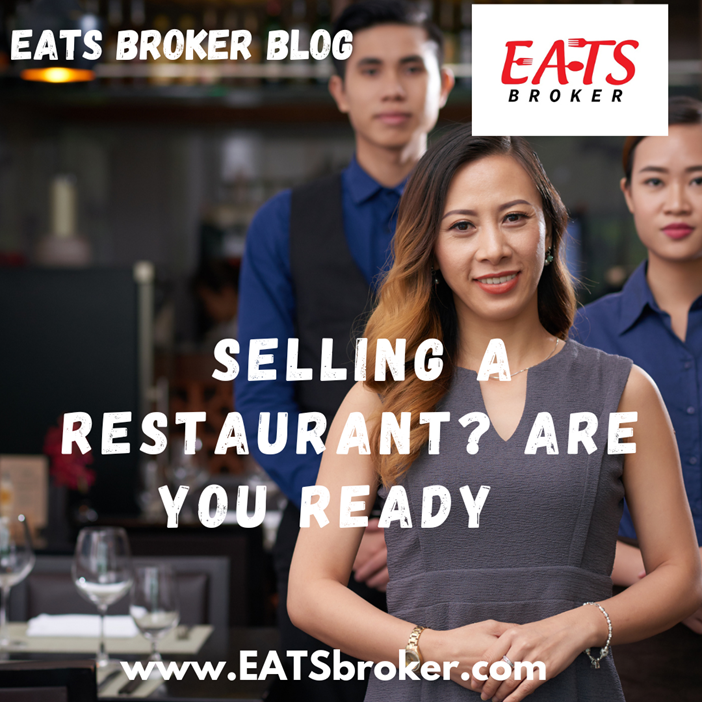
When selling a restaurant, owners can make several mistakes that impact the experience. Restaurant Business Brokers sell multiple restaurants a year, while most restaurant owners will only experience selling a restaurant once in their lifetime. Understanding the resale process of restaurants takes years of experience. When selling a restaurant, business owners should prepare mentally for […]
Thinking about selling a restaurant
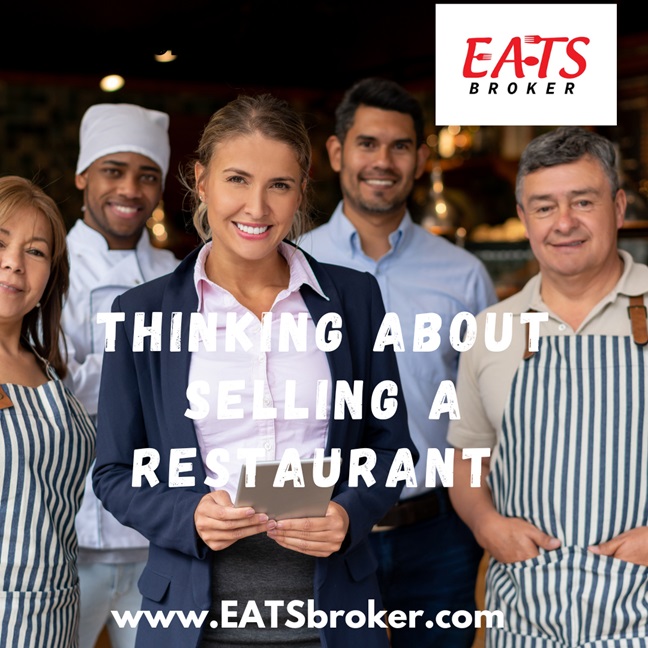
When restaurant owners are thinking about selling a restaurant, it’s essential to approach the process thoughtfully and strategically. Every Restaurant owner has a different story about why they want to sell a restaurant, but some things are expected. The restaurant business broker at EATS Broker provides steps to consider when thinking about selling your restaurant: […]
EATS Broker attends Black Franchise Symposium and Trade Show in Dallas, Texas

The President and Founder of EATS Broker Dominique Maddox attended the September African American Franchise Symposium and Trade show in Dallas, Texas. The event made history as the FIRST-EVER Black Franchise Symposium and Trade Show in the United States! The event was held at Yum! Corporate Campus located in Plano, Texas. The Symposium was filled […]
EATS Broker sells Bobby V’s in Arlington, Texas
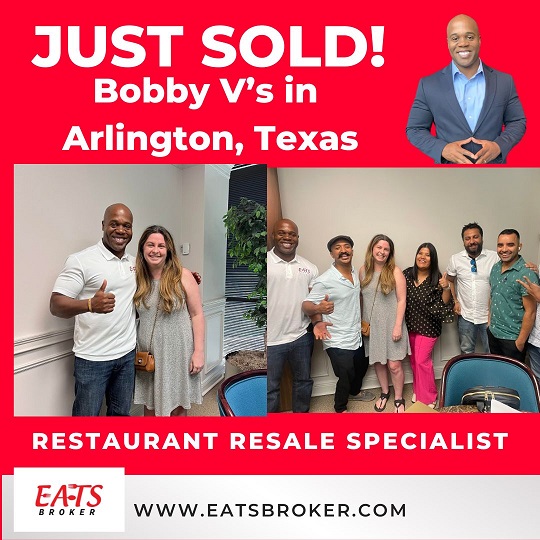
Dominique Maddox of EATS Broker sells Bobby V’s Sports Gallery Café located at 4301 S Bowen Rd, Arlington, TX 76016. EATS Broker represented the seller in the transaction. Bobby V’s is one of the oldest sports bars in Arlington, TX, established in 1985 by former Texas Rangers head coach Bobby Valentine. Bobby V’s is a […]

